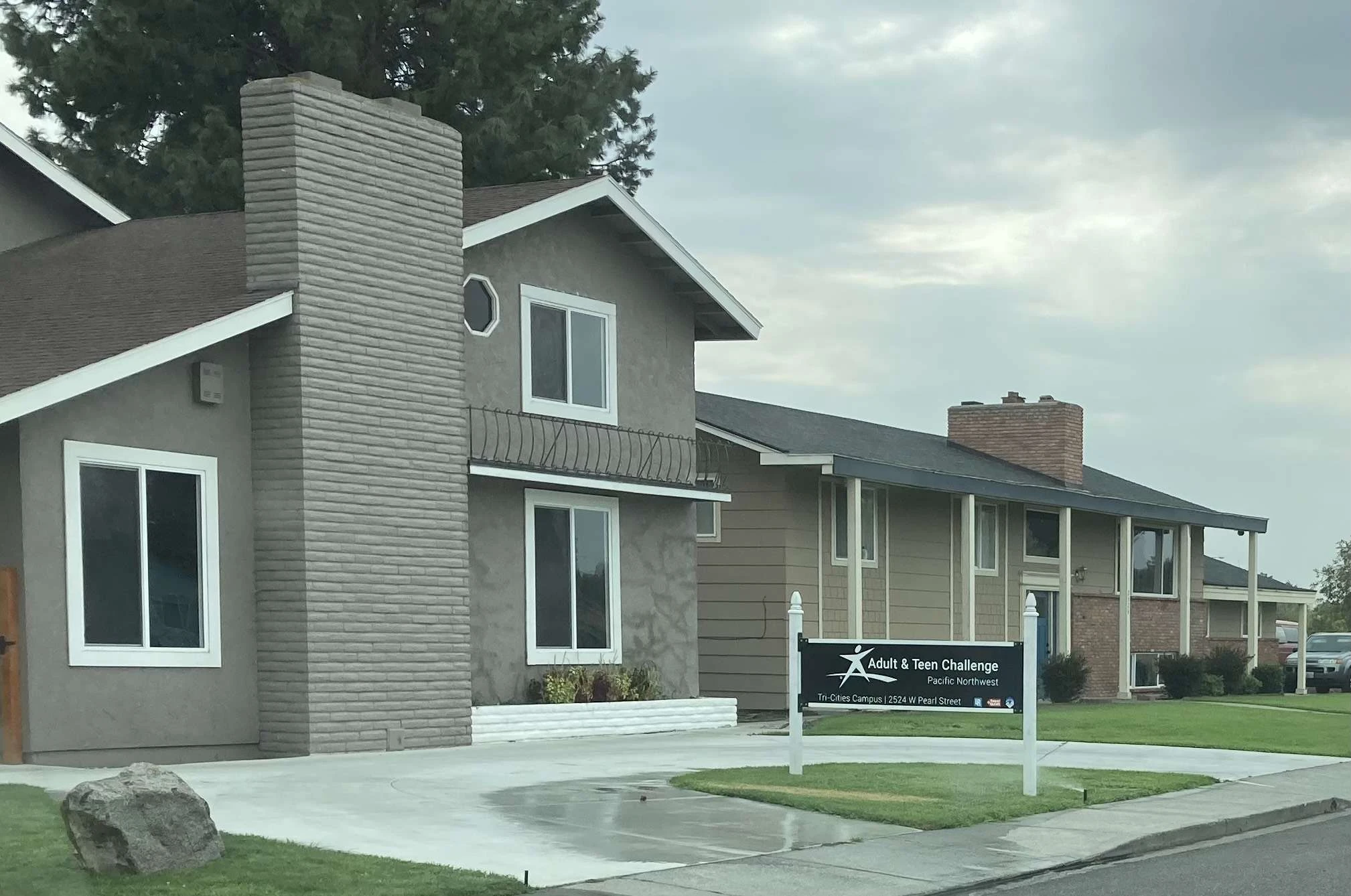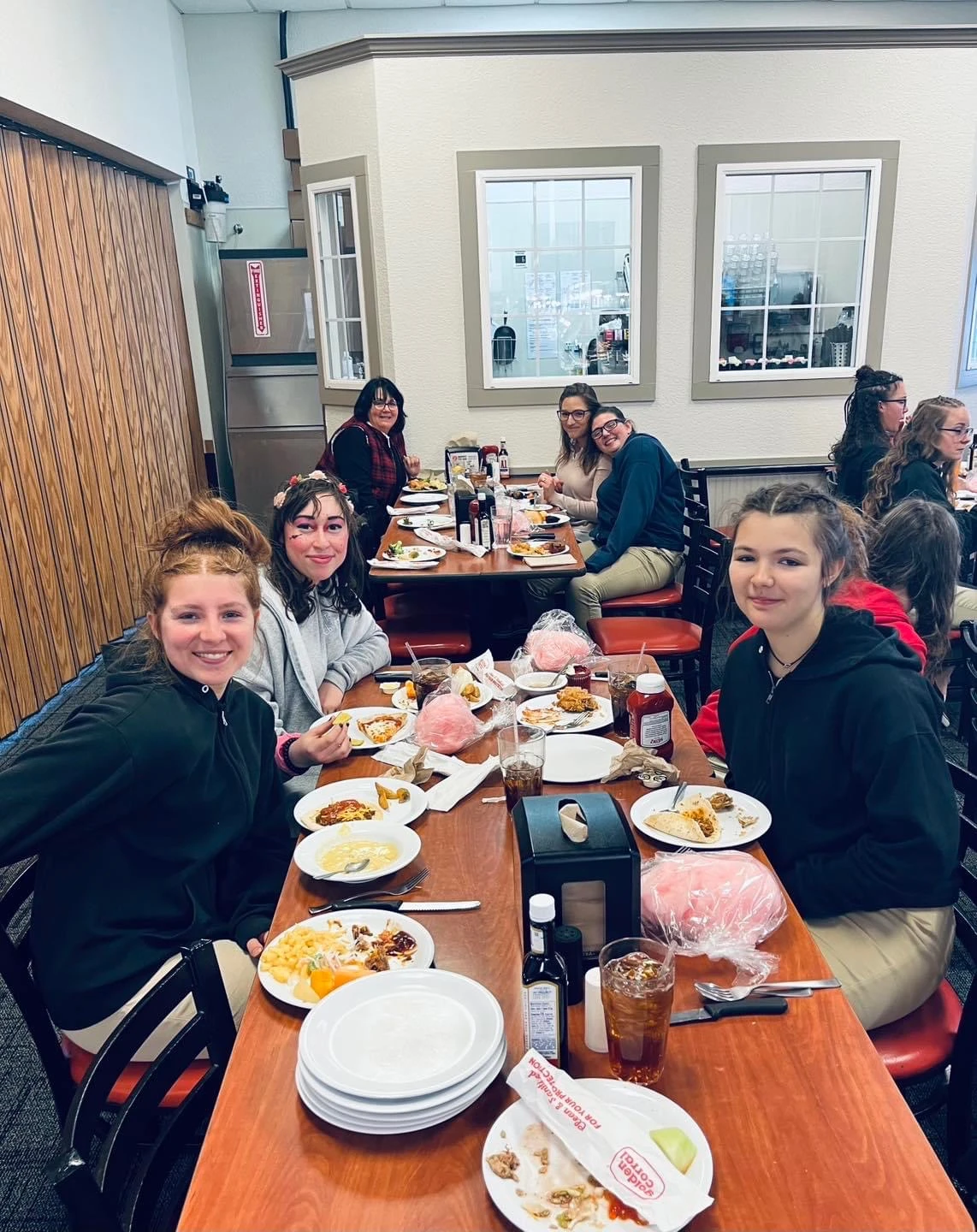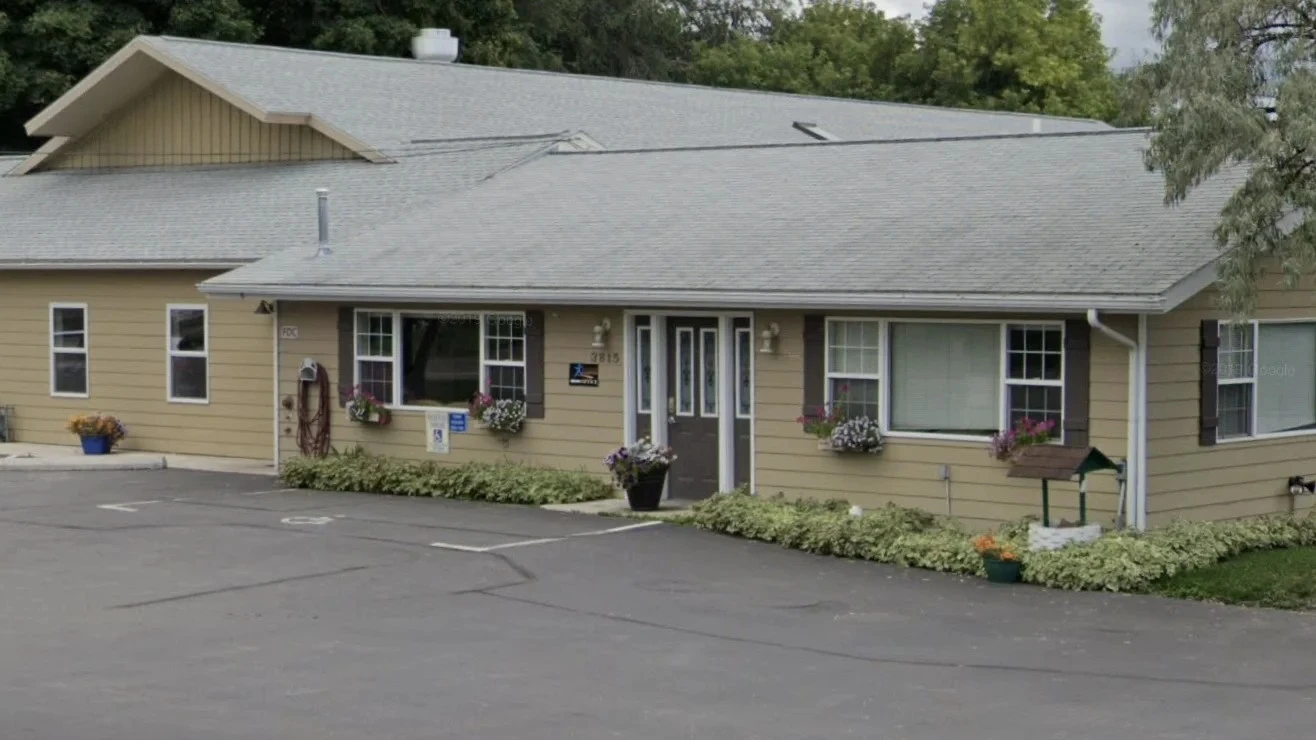Teen Challenge - Eugene Women's Campus Information
Treatment
Who We Treat
- Male and Female
Treatment Focus
- Women
- Alcohol
- Drug Addiction
- Christian
- Spiritual Care
Approaches
- Individual Treatment
- Christian
- Evidence-Based
- Gender-Specific
- Spiritual Emphasis
- Group Therapy
- Cognitive Behavioral Therapy (CBT)
- Dialectical Behavior Therapy (DBT)
- 1-on-1 Counseling
- Life Skills Training
- Relapse Prevention Counseling
Substances We Treat
- Alcohol
- Benzodiazepines
- Heroin
- Cocaine
- Methamphetamine
- MDMA/Ecstasy
- Ecstasy
- Marijuana/Cannabis
- Psychedelics
Languages
- English
Aftercare
- Discharge Planning
- Employment Counseling
- Employment/Vocational Counseling
Level of Care
- Residential Rehab
Experience
On-Site Amenities
- Access to Nature
- Outdoor Space
Personal Amenities
- Shared Bathroom
- Shared Rooms
Special Considerations
- Smoke-free Campus
- Christian
Additional Locations
Find the best treatment options. Call our free and confidential helpline today!









